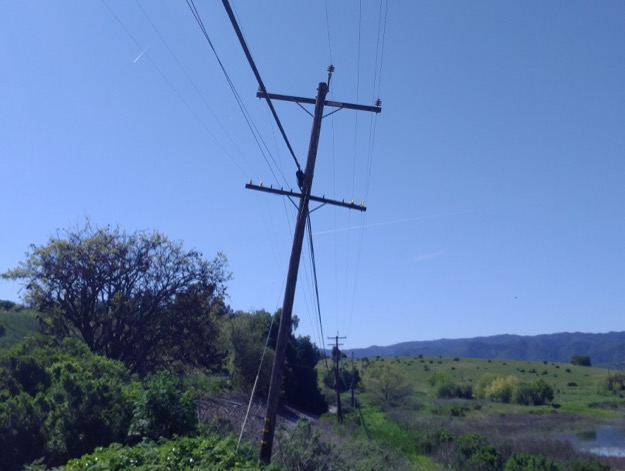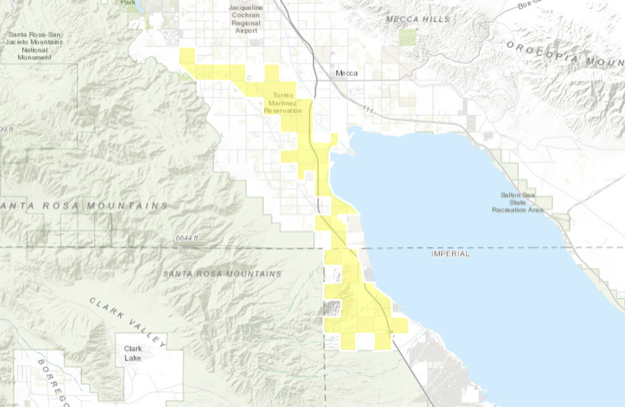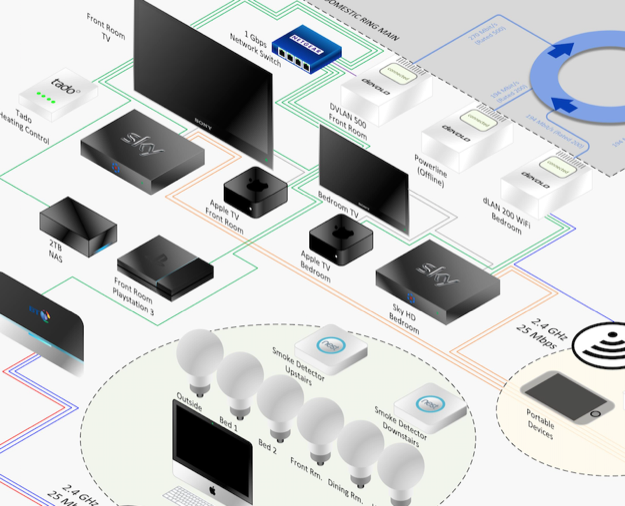Account sharing is a $7 billion problem for online video platforms, but only if they want it to be

Californians who are fortunate enough to have fast, reliable broadband service can occupy their locked down, sheltered-in-place hours by watching a seemingly infinite selection of online video content. Some of it is free, but the good stuff usually requires a subscription to one of the many over-the-top streaming platforms. For most of those, all you need is a user name and password to log in and start watching.
Which creates a problem. It’s easy to loan your account info to family and friends, and hard to say no.… More








![Kurush Pawar from Dubai, United Arab Emirates [CC BY-SA 2.0 (https://creativecommons.org/licenses/by-sa/2.0)] Jet school bus2](https://www.tellusventure.com/images/2019/jet_school_bus2.jpg)
![By Joker Poker [CC BY 2.0 (https://creativecommons.org/licenses/by/2.0)], via Wikimedia Commons](https://www.tellusventure.com/images/2017/3/gambling_table.jpg)